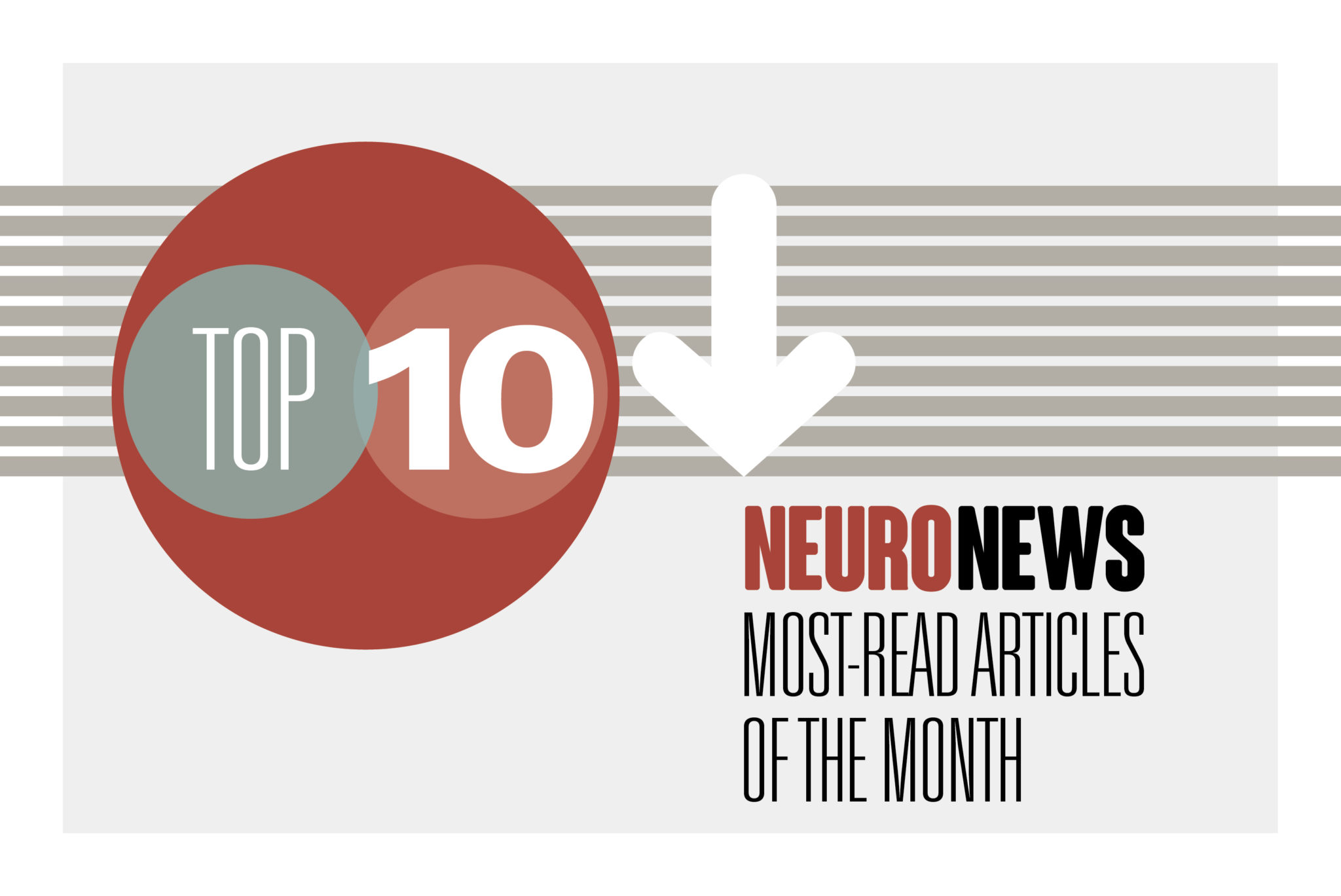 A number of highlights from the 2024 Society of NeuroInterventional Surgery (SNIS) annual meeting (22–26 July, Colorado Springs, USA) populate our list of most-read stories from August. In addition, an exclusive interview with a team of physicians hoping to aid the expansion of stroke thrombectomy into the developing world, as well as recent updates from a number of industry innovators including Arissa Medical and Synchron, also feature.
A number of highlights from the 2024 Society of NeuroInterventional Surgery (SNIS) annual meeting (22–26 July, Colorado Springs, USA) populate our list of most-read stories from August. In addition, an exclusive interview with a team of physicians hoping to aid the expansion of stroke thrombectomy into the developing world, as well as recent updates from a number of industry innovators including Arissa Medical and Synchron, also feature.
1. Cost-flexible devices and boosting thrombectomy uptake in the developing world
The growth of intravenous thrombolysis (IVT) coupled with the advent—and ongoing expansion—of mechanical thrombectomy has seen acute stroke transform from “a diagnosable and hardly treatable condition, to a highly treatable condition”, over the past two decades. However, significant disparities in thrombectomy access exist across the globe, with uptake rates remaining especially low within many developing countries. That is according to Shashvat Desai (HonorHealth, Scottsdale, USA), who—alongside Ashutosh Jadhav (Barrow Neurological Institute, Phoenix, USA)—recently spoke to NeuroNews to discuss Gravity Medical Technology’s mission to alleviate some of these disparities and ensure more patients have access to these potentially life-saving procedures.
2. AVS and Jacobs Institute partner to study Pulse IVL system
Amplitude Vascular Systems (AVS), developer of the Pulse intravascular lithotripsy (IVL) platform, and the Jacobs Institute, a non-profit medical device innovation centre in Buffalo, USA, are set to partner on a study of the Pulse IVL system.
3. Arissa Medical enrols third cohort of patients in first-in-human Syntra pilot study
Arissa Medical has announced the third enrolment of patients into its Syntra study—an early feasibility pilot study evaluating the safety and efficacy of the company’s Syntra device for the treatment of irregular, wide-necked sidewall and wide-necked bifurcation cerebral aneurysms.
4. New research highlights novel ‘complete clot ingestion’ metric for aspiration thrombectomy
Potentially groundbreaking research was presented recently at the SNIS annual meeting, with Robert Starke (University of Miami Miller School of Medicine, Miami, USA) introducing a novel outcome metric, dubbed ‘complete clot ingestion’ (CCI), that aims to enhance the evaluation of success in thrombectomy procedures for acute ischaemic stroke treatment.
5. Late-breaking data shed new light on post-thrombectomy rescue stenting
Two data analyses presented at SNIS 2024 have revealed new insights on the role of rescue stenting following failed mechanical thrombectomy, with one indicating parity between different stent types and the other suggesting that the approach holds minimal benefits compared to medical management in these cases.
6. COAST is clear: study finds coiling safe in small brain aneurysms
Coil embolisation of smaller intracranial aneurysms—those less than 5mm in size—has been found to be a safe approach, as per data presented for the first time at the 2024 SNIS annual meeting. Delivering late-breaking results from the COAST study, J Mocco (Mount Sinai Health System, New York, USA) detailed that coiling was associated with low rates of clinically significant stroke or haemorrhage alongside “impressive” adequate occlusion outcomes.
7. Medtronic receives “landmark” US FDA approval for asleep deep brain stimulation surgery
Medtronic has received US Food and Drug Administration (FDA) approval of asleep deep brain stimulation (DBS) surgery for people with Parkinson’s disease and people with essential tremor. Medtronic claims that, in the process, it has become the first and only company to receive US FDA approval to offer DBS surgery while a patient is either asleep—under general anaesthesia—or awake.
8. The debate: general anaesthesia or conscious sedation in stroke thrombectomy?
While the recently presented SEGA trial and many other studies have attempted to establish which of the two prevalent methods for medically inducing a loss of consciousness during a mechanical thrombectomy procedure is best, the neurointerventional community remains divided. Here, Panagiotis Papanagiotou (Athens, Greece/Bremen, Germany) takes a closer look at this debate.
9. Synchron announces first use of Apple Vision Pro with brain-computer interface device
Synchron has announced the world’s first-ever use of Apple Vision Pro by one of the patients implanted with the Synchron brain-computer interface (BCI).
10. InspireMD congratulates CREST-2 investigators on completion of trial enrolment
InspireMD has congratulated the lead investigators on the completion of enrolment in the CREST-2 clinical trials. The CGuard embolic prevention stent system (EPS), utilising InspireMD’s MicroNet mesh, was included as a device option for stenting in the CREST-2 trials following US FDA approval of the company’s investigational device exemption (IDE) supplement application in February 2022. CREST-2 included 23 cases implanted with CGuard.







